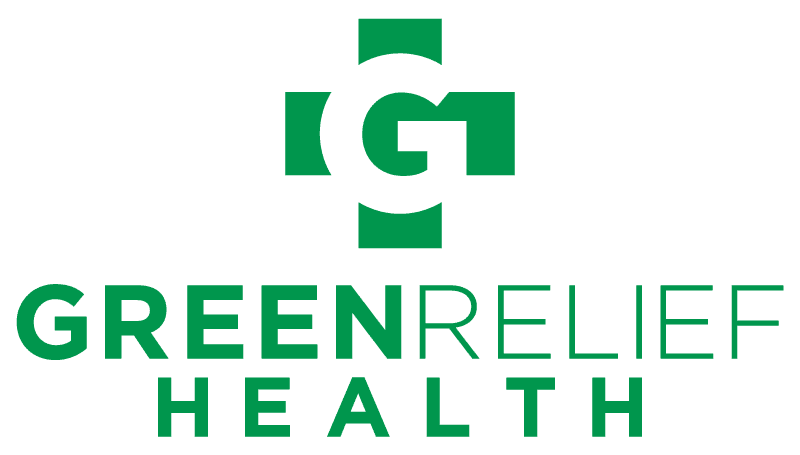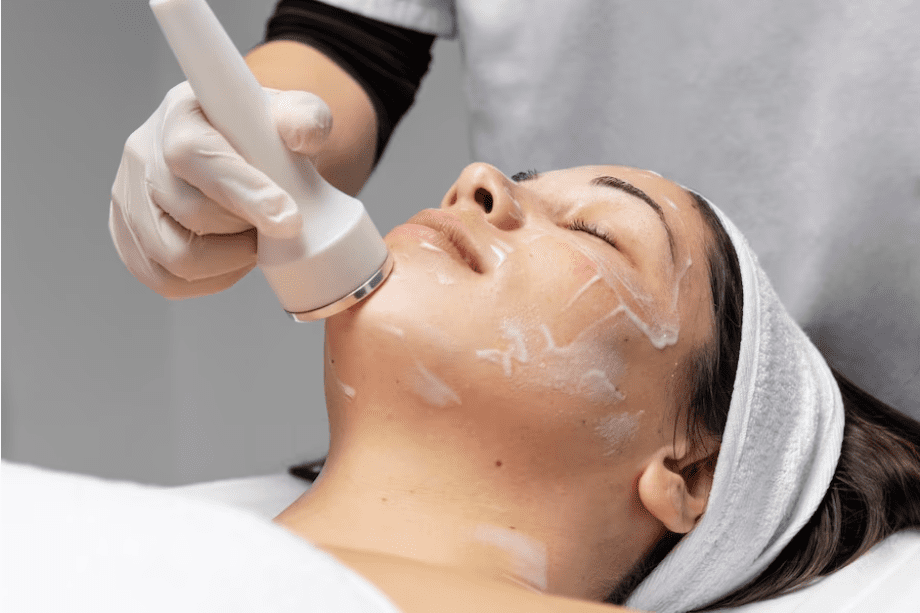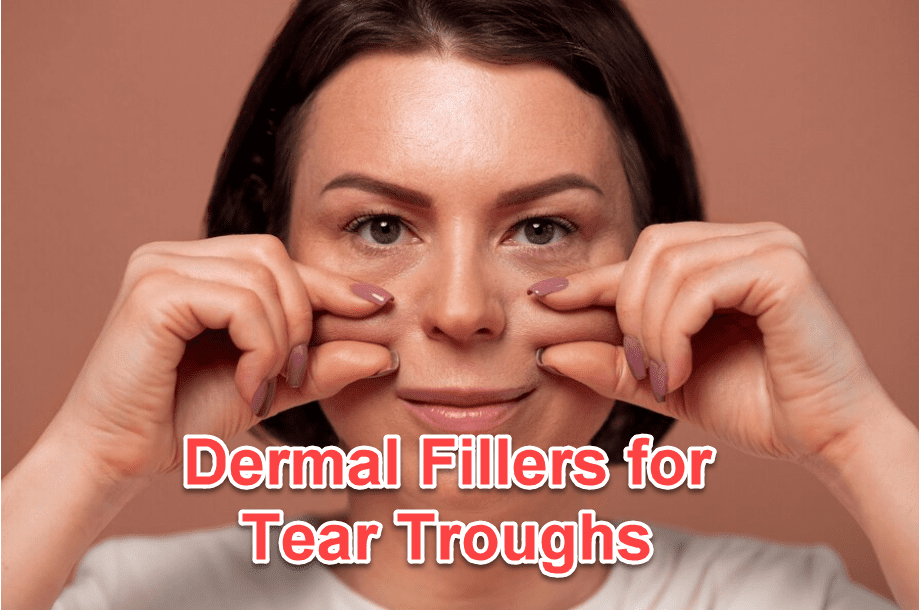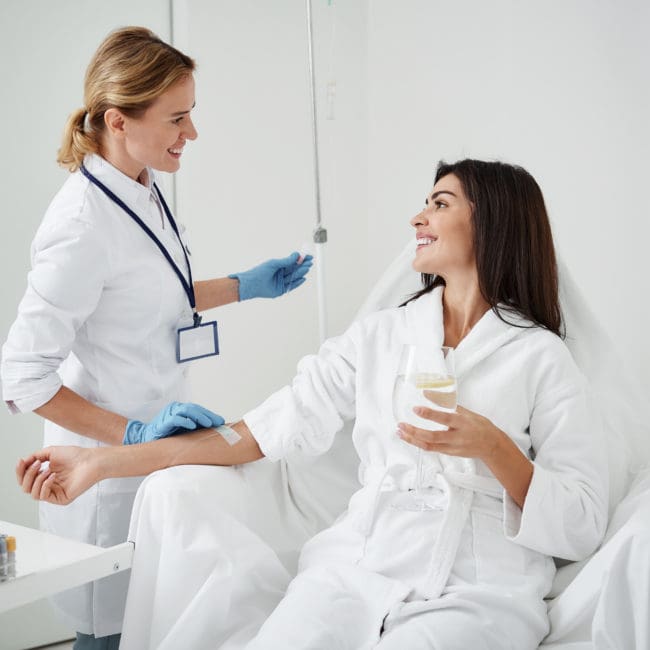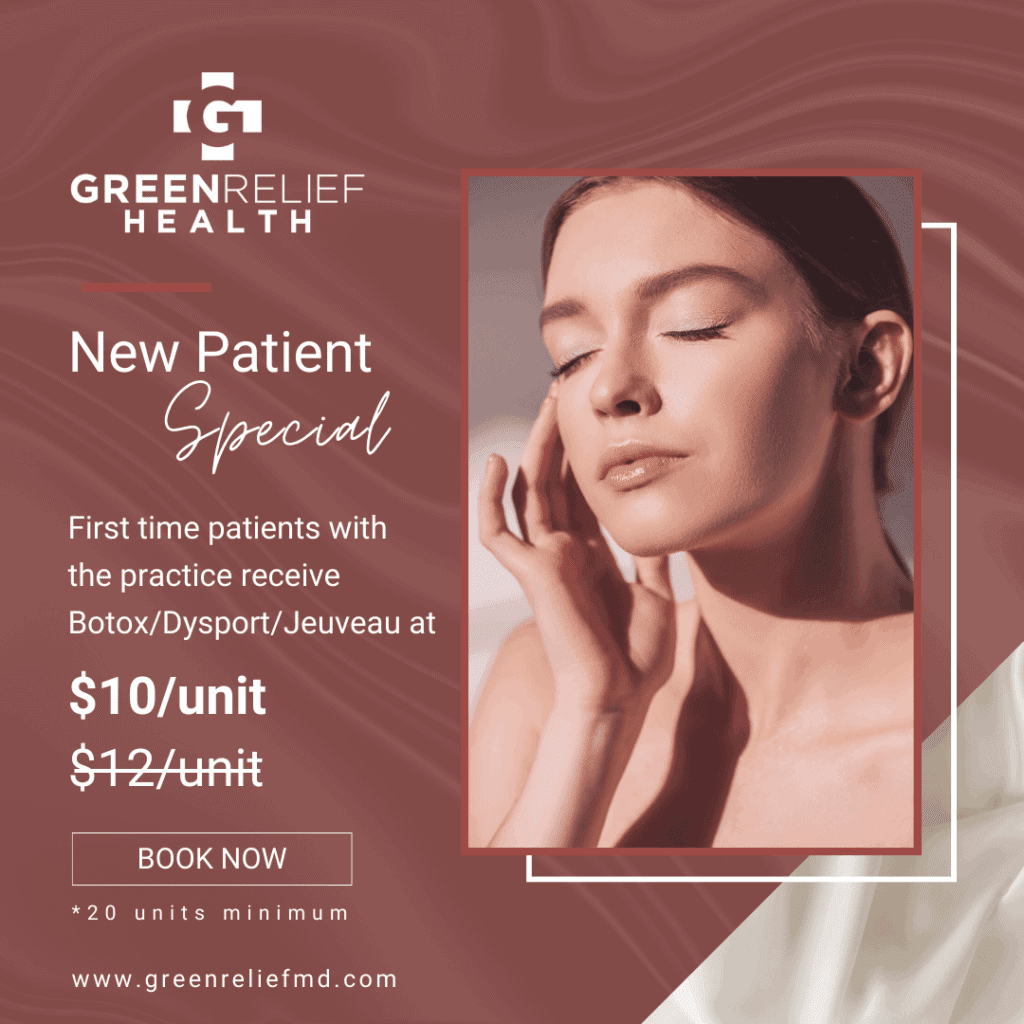If you’re battling bothersome breakouts, you’ve likely tried countless creams, cleansers, and spot solutions searching for clear skin relief.
But while over-the-counter acne products can certainly help mild flare-ups for some, more inflamed pimples and cysts often warrant extra assistance. If stubborn acne has you feeling hopeless, chemical peels offer new reasons to feel optimistic again.
Keep reading as we explore the basics of how chemical peels work and unpack evidence on their effectiveness for alleviating different types of acne.
You’ll also get straightforward facts on what to realistically expect from professional peel results based on varying acne severity levels.
Can Chemical Peels Assist in Treating Acne
Yes, clinical studies substantiate that chemical peels significantly improve acne symptoms when used properly alongside other therapies. Peels utilize acids to gently remove outer damaged skin layers so fresh, healthy skin can emerge.
It helps clear current congestion in pores while preventing future buildup. Customized professional treatments also prompt collagen remodeling, reducing the appearance of prior acne scars.
The Acne: Causes and Types
Before diving into specifics on acne chemical peels, let’s quickly review what’s behind breakouts. Acne surfaces when dead skin cells, excess oil, and bacteria clog hair follicles. This breeds inflammation as the skin’s defenses react to these blockages.
Acne categories include:
- Non-inflamed blackheads and whiteheads
- Small, sore red pimples (papules & pustules)
- Painful, pus-filled lumps under the skin (nodules & cysts)
Triggers range from hormone fluctuations to genetics, medications, or stress reactions. Treating acne successfully requires identifying and addressing your unique flare factors.
The Chemical Peel Process
Chemical peels utilize solutions of acids in varying strengths and combinations to remove outer skin layers. Glycolic, salicylic, lactic, and trichloroacetic acid (TCA) represent top acid ingredients. Gentler peels exist that only penetrate loosely bound superficial skin debris.
Medium-depth TCA formulations lift away extra epidermis. Deeper peels removing parts of the upper dermis strongly combat lines and scarring but require extensive downtime.
Here’s what you can expect:
Before: Skin prepping, avoid certain active ingredients 2 weeks prior
During: Brief stinging sensation as acids work, neutralization to stop action
After: Mild redness, darkening, peeling, healing takes 72 hours to 2 weeks
Results last about a month as fresh skin emerges, replacing damaged layers and stimulating collagen and new blood vessels. Most people require a series of peels monthly for several months to achieve optimal results.
The Evidence for Acne Chemical Peels
Multiple gold-standard studies substantiate marked improvements in acne symptoms following chemical peel treatments.
For non-inflamed white and blackheads, 70% glycolic acid peels reduced lesions to 75% after 5 weekly sessions. Eighty-five percent of those using a special glycolic and salicylic combination saw 90% clearance after 4 peels.
Those with widespread irritated papules, pustules, and cysts averaged 60% improvement doing bi-weekly 30-70% glycolic peels for 5 sessions. Even deep scarring significantly improved.
Research also showed peels safely complement prescription acne meds like retinoids or antibiotics, boosting their antibacterial and comedolytic effects. Participants that followed monthly maintenance peels sustained results for up to 3 years.
Managing Expectations
Realize over-the-counter peel pads or masks employ lower acid doses than professional in-office treatments. So, while helpful in supporting acne skincare regimens, don’t expect dramatic change from casual home use.
Conversely, a single peel cannot erase a decade or more of battling tough adult acne. Be realistic; expecting 30-50% clearing after 1-2 months of receiving professional treatments isn’t a realistic expectation.
Peels work best alongside prescription therapies like Dr. Lauren Nawrocki’s customized medical compounding tailored to your unique skin.
Lastly, adopting sustainable nutrition and self-care habits proves pivotal in preventing new eruptions between appointments. Your overall lifestyle sets the stage for lasting peel results.
Chemical Peels for Each Acne Type
Customizing peel type and depth targets different acne and scarring patterns.
For non-inflamed blackheads and whiteheads, gentle lactic acid peels help dry up and clear clogged pores.
Those struggling with small red pimples benefit from salicylic acid for its stellar abilities, calming inflammation and preventing new pustules.
Diffusing cystic acne requires deeper TCA peels, prompting old scarring to remodel and shutting down severe breakouts.
Rest assured, whatever acne you battle, Dr. Lauren Nawrocki skillfully selects and adjusts suitable acid formulations, percentages, and combinations addressing your individual presentation each visit.
Additional Peel Perks
Beyond clearing current congestion, repeating chemical peels powers up other desirable effects, revealing luminous skin:
- Refines pores
- Fades discoloration
- Smooths texture
- Minimizes fine lines
- Boosts collagen
- Evens skin tone
Adding bonus anti-aging incentives while battling breakouts makes peels particularly enticing for those also hoping to achieve glowing, youthful skin.
How Do Chemical Peels Treat Acne & Acne Scars
At specific concentrations and pH, chemical peels use alpha hydroxy acids (AHAs) like glycolic or salicylic to loosen dead skin and debris inside clogged hair follicles.
This drying effect helps purge congestion from pore blockages while the acid also fights acne-inciting bacteria. Repeat peels build cumulative benefits, resurfacing acne scars, smoothing uneven texture, and shrinking enlarged pores.
Which Chemical Peel Is Best for Acne
In studies, glycolic acid peels from 30–70% concentration most consistently demonstrate anti-acne and skin-clearing effects.
However, combination peels adding salicylic acid and lower-strength TCA solutions also deliver excellent results targeting inflammatory acne and pitted scarring. An experienced provider customizes the peel approach based on your specific type of lesions.
How Often Should You Chemically Peel for Acne
For maximum acne improvements, most patients need chemical peels every 4 weeks initially. Once desired results are achieved after several months. Occasional maintenance peels help sustain clarity between 1 to 3 months, depending on oiliness and breakout tendency.
Listen to your skin’s needs. Finicky complexions may require more frequent exfoliating, while resilient skin carries benefits longer from each peel.
Do Chemical Peels Clear Your Skin
Yes, repeated chemical peels can significantly clear acne breakouts, blackheads, oiliness, and uneven texture caused by built-up dead skin cells clogging pores. Peels use alpha hydroxy acids to gently remove damaged outer layers so fresh, smooth skin emerges. They also regulate oil production, kill acne bacteria, and reduce inflammation.
Who Should Get Chemical Peels
Good candidates for chemical peels include those with acne-prone skin, uneven pigmentation, dull complexion, fine lines and wrinkles, or enlarged pores. Peels retexturize skin and fade signs of sun damage. They also complement laser resurfacing and microneedling.
Who Shouldn’t Get a Chemical Peel
Avoid peels if you have very sensitive skin, take isotretinoin acne medication, or have an active cold sore. Wait, if you recently tanned. Never peel skin irritated from harsh products. Discuss potential reactions with your provider if you have any concerns.
What Are the Downsides of Chemical Peels
Transient side effects of chemical peels include stinging during application, redness, tightness, peeling, and rarely post-inflammatory hyperpigmentation.
Again, choosing an expert provider minimizes risks. Avoid unsupervised at-home peels with acids at unknown concentrations.
How Many Chemical Peels Will I Need
On average, people need 6 initial chemical peel treatments spaced 4 weeks apart to reach optimal results. Maintaining improvements requires upkeep peels every few months.
However, your ultimate peel number depends on your skin goals, peel depth, and how your skin responds. Your provider adjusts your regimen accordingly.
What Results Can Do Chemical Peels Provide
Customized chemical peel treatments can reduce acne breakouts and acne scarring, smooth fine lines and texture, minimize enlarged pores and even skin tone, restore radiance, and accelerate cell turnover, revealing fresher skin.
Affordable Treatment for Acne and Acne Scarring in Baltimore, MD
Struggling with acne breakouts or dealing with the remnants of old acne scars? At Green Relief Health Med Spa in Baltimore, MD, we offer customized yet affordable treatment plans combining the latest medical therapies to clear up blemished complexions.
Under the compassionate care of Dr. Lauren Nawrocki, patients find hope for overcoming frustrating acne symptoms and achieving smooth, healthy skin.
During your initial consultation, Dr. Nawrocki thoroughly evaluates your unique signs and symptoms to uncover potential triggers behind your breakouts. She then designs a tailored regimen targeting the root causes of your acne type.
Dr. Nawrocki also specializes in treating acne scarring, utilizing cutting-edge treatments like microneedling and chemical peels to remodel damaged tissue and promote new collagen.
Schedule a private session and experience the difference an integrative analysis makes in revolutionizing your complexion and skin care confidence!
The Takeaway
In the fight to defeat frustrating breakouts, chemical peels serve important roles both as anti-acne treatments and preventative measures forestalling future eruptions.
Alongside proven acne medications tailored to your flare patterns, customized peels specifically target the microscopic triggers plaguing your unique complexion. Combination therapy integrates the best science today for resolving acne internally and externally.
While a standalone peel cannot cure acne indefinitely, strategic sessions judiciously layered with Dr. Lauren Nawrocki’s cutting-edge techniques aim to restore clarity plus confidence.
With a compassionate acne specialist guiding your skincare journey each step, freedom from bumps and blemishes finally feels possible!
